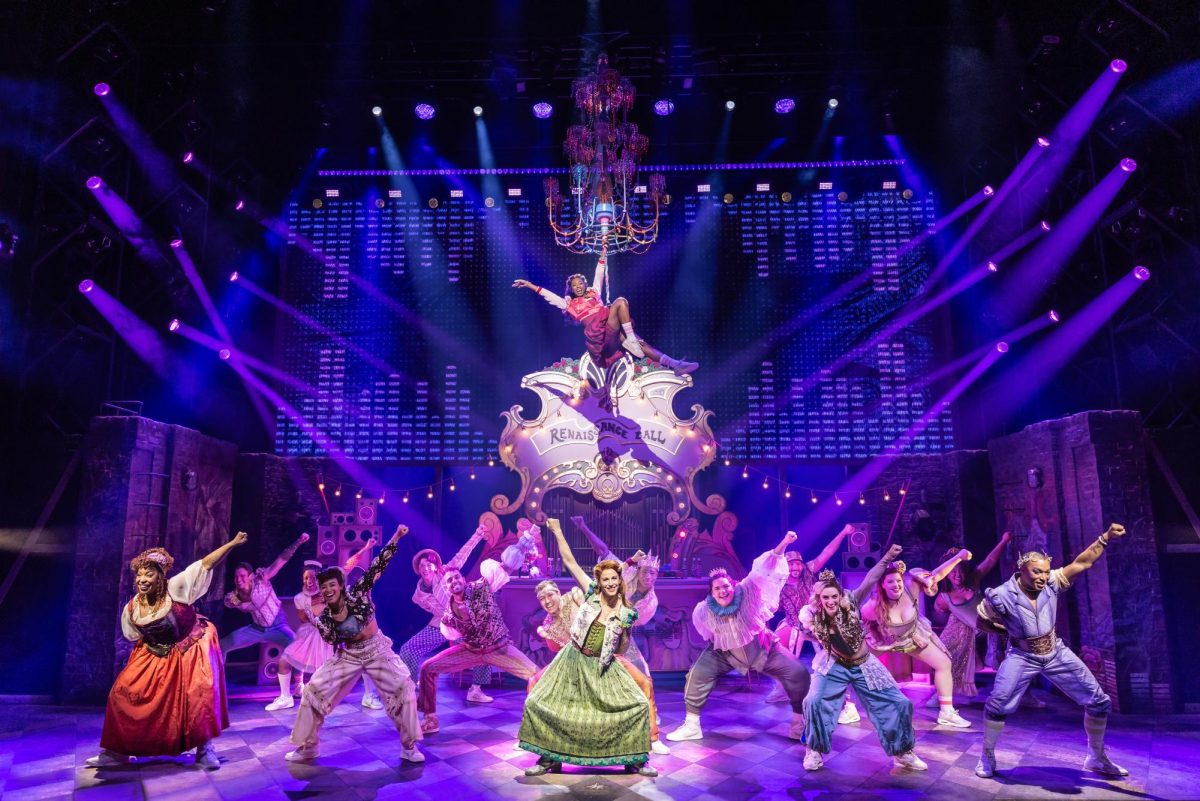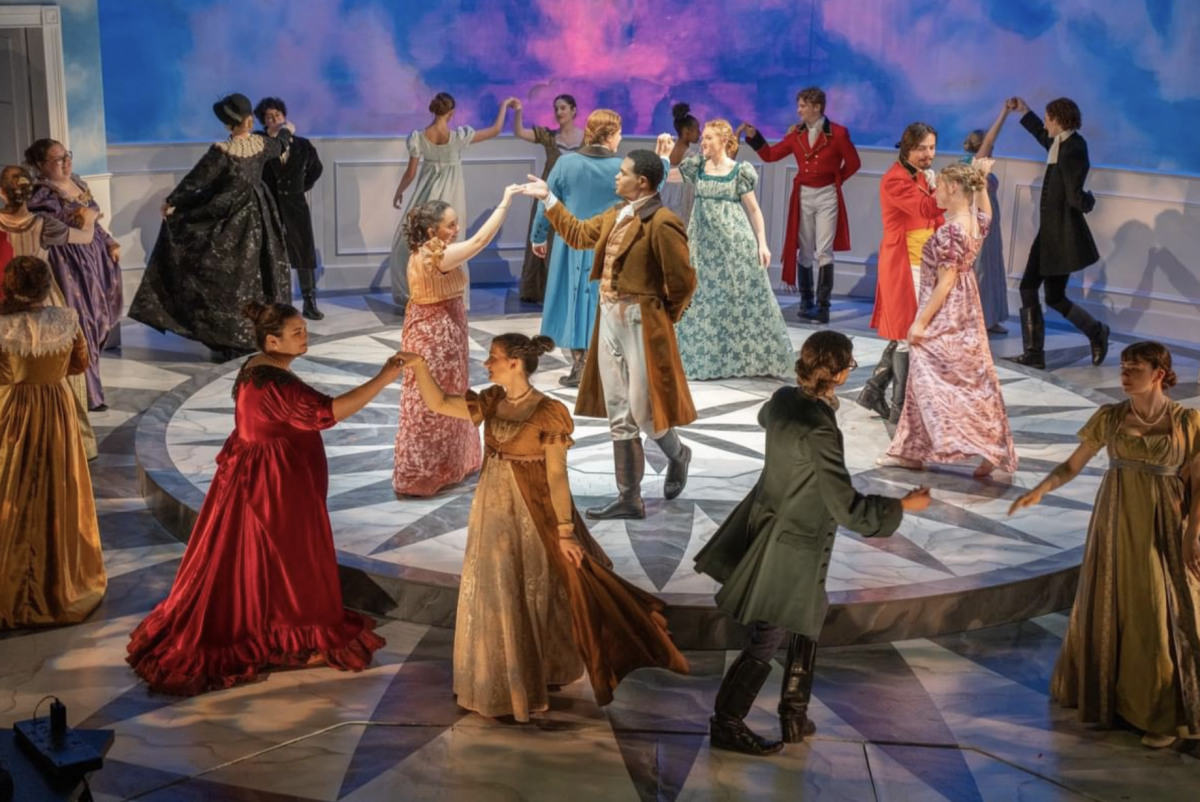Picture this. You’re sitting in your apartment in a rare moment of quiet, in a down moment between school, work and studying. Your TV, complete with digital cable, sits just three feet from you. You look to the table next to you, and see a book you’ve been meaning to read since Christmas. You have an hour. What do you do?
If you’re anything like me and, I suspect, most students, you reach for the remote and flip on the television. This is not because there’s always something spectacular on digital cable all the time; more likely, it’s because it’s nearly impossible to read these days.
One of the most exciting parts of winter and summer breaks for me is looking at the list I always keep of books I want to read. Finally, I’ll have some time to read them — especially over winter break, since there usually isn’t even work to distract me. Just days and days of free time and pages and pages of books.
But then something inevitably happens during the first few days of break. I sleep until noon for a few days, then wake up and lounge around lazily in my pajamas. Too tired to make my brain work, the television comes on and usually doesn’t go off until I manage to haul myself off to bed again sometime late in the night.
This goes on for a few days before I even consider the option of making my brain function again and opening a book. Soon, thoughts of those books I’ve been meaning to read begin to enter my mind as I watch the same HBO movie for the third time in so many days. But can I really motivate myself enough to pick up that book and start reading it?
The answer is usually no. The reason, I believe, is that most students have two modes: school mode, i.e. learning mode, and break mode, i.e. slacker mode. At least, I do.
Reading books obviously takes more energy and brainpower than staring at the TV does, unless you happen to be watching the History Channel all day. Let’s face it — that’s not what we’re watching. My problem is that while school is in session, I’m too busy to read, and when it’s break time, I’m too intellectually drained to read.
And if you’ve ever wondered why the ArtsEtc. section doesn’t feature more book reviews, it’s because it’s next to impossible for students to find time to even write an article, let alone read an entire book first.
Now that summer is on its way again (or so I’ve been told, although the weather tends to tell me otherwise), I’ve once again constructed a partial list of the books I can’t wait to read once school lets out. They’ve been piling up on my apartment floor for a few weeks now, lent to me by friends or scrounged out of the pile of promos that get sent to the office. But will I really read them, or will they get forgotten in the haze of finals, finding a job, working and spending time with friends?
I think one of the secrets to accomplishing your summertime reading is juxtaposing the truly intense and serious books with at least a little bit of fluff. Although I really do want to read “A People’s History of the United States” at some point during the summer, I’m equally looking forward to finishing the Anne Rice book I started sometime during the last year.
I try to read each month’s issue of Z Magazine, a radical social-change magazine that discusses everything from feminism to the economic conditions in El Salvador, but I also plan on making a monthly trek to A Room of One’s Own to pick up the latest issue of Bust, which offers light, entertaining feminist reading.
Another secret I’ve found to be fairly effective is breaking up reading into smaller intervals. When I was younger, I used to militantly insist on taking books with me wherever I went — even on 20-minute car trips, as my family can testify to — and I could read for hours without getting tired.
This is not the case anymore, however. School has ruined that part of my reading self, at least for now. After spending countless hours at a time reading the likes of Homer, Milton and Spenser (ah, the life of an English major), it becomes hard for me to concentrate on any kind of reading for more than an hour or so before it starts to feel like too much work.
In the end, I settle on mixing it up a bit with magazines, newspapers, fiction and nonfiction and reading each for no more than an hour, most of the time. I may not end up reading the entirety of H.C. White, but at least I can make it most of the way through my ever-expanding list of reading.
Summer vacation, here I come!







